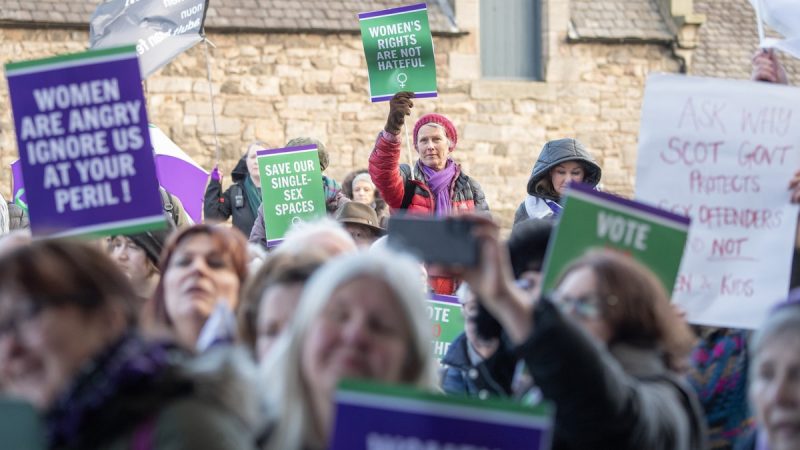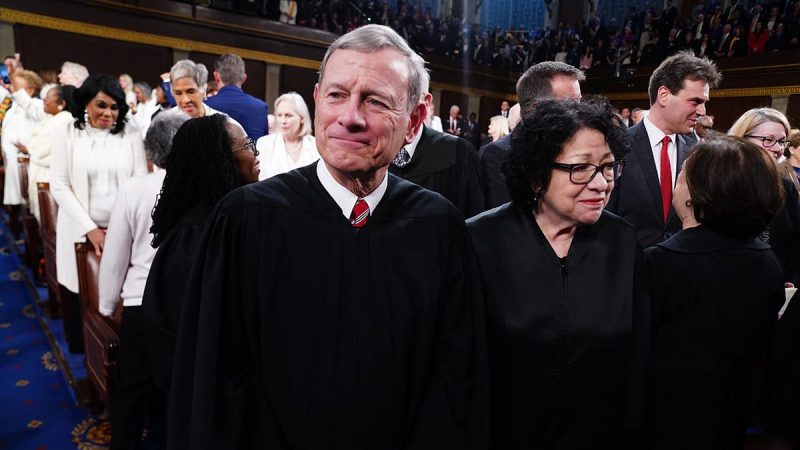Supreme Court Chief Justice Roberts issues warning on ‘judicial independence’ weeks before Trump inauguration
Supreme Court Chief Justice John Roberts issued a warning on Tuesday that the United States must maintain ‘judicial independence’ just weeks away from President-elect Donald Trump’s inauguration. Roberts explained his concerns in his annual report on the federal judiciary. ‘It is not
Healthy living, party unity, and ‘time to smell the roses’: Congressional Republicans’ New Year’s resolutions
Most Americans look at the beginning of a new year as a fresh start, and an opportunity to set goals to better themselves over the next 12 months – and members of Congress are no exception. Like millions of people across
6 top winners and losers who emerged in politics in 2024
Several ‘winners’ and ‘losers’ emerged in 2024 as the year comes to a close after Republicans took control of Congress in the November election and several prominent Democrats ended up on the losing side. President-elect Donald Trump Pundits in the media largely




